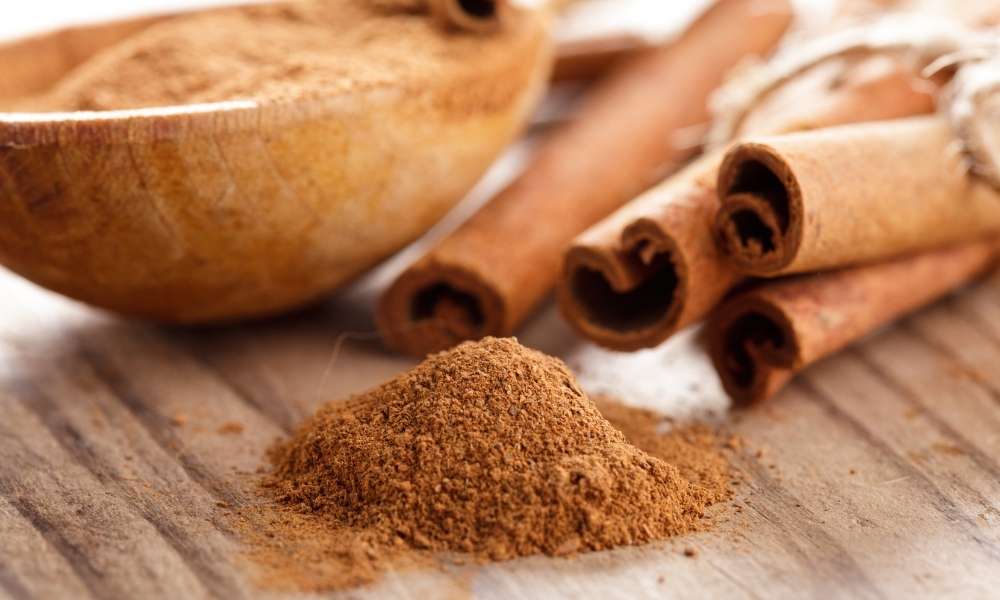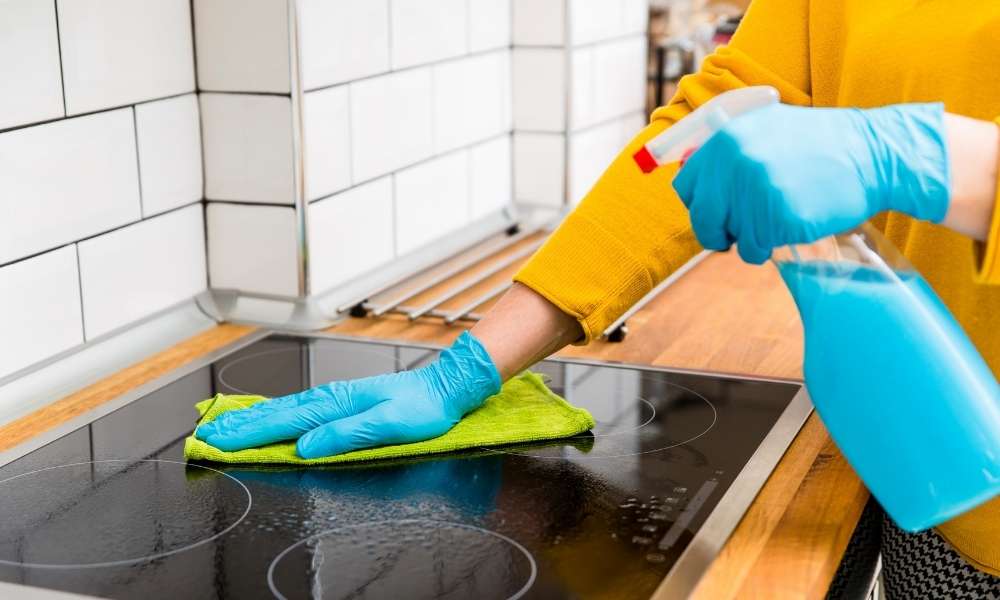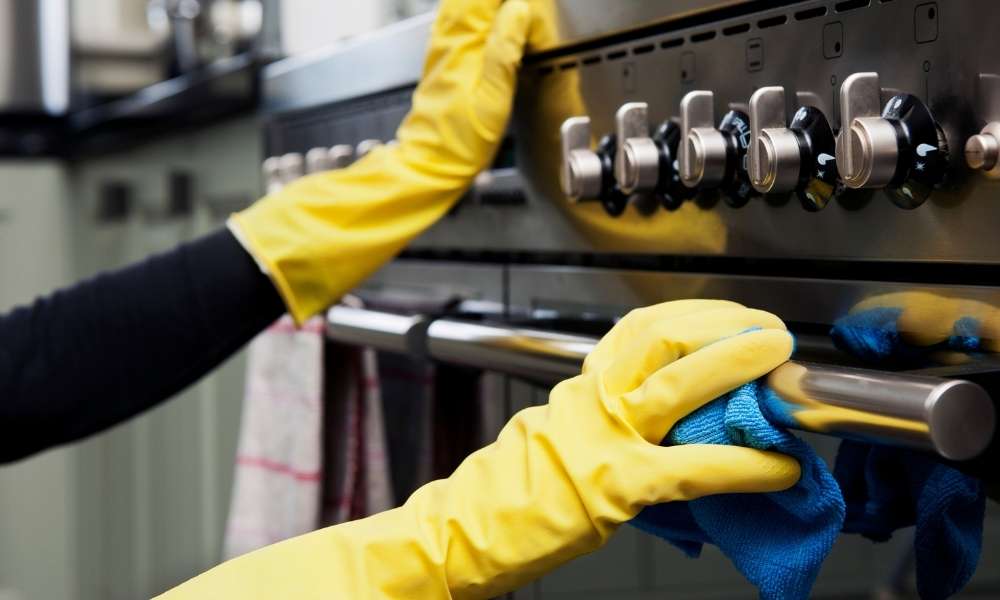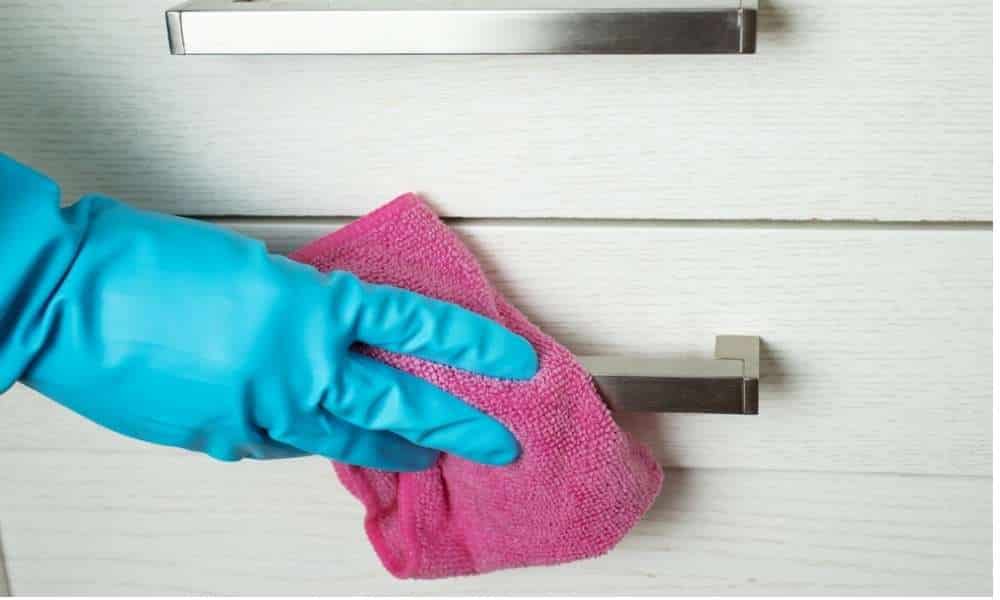Dealing with ants invading your kitchen can be A frustrating And persistent problem that many homeowners face. These tiny, Persistent pests have An uncanny ability To find their way into our homes. Particularly our kitchens, In Search Of food And water. However, Fear not! In this guide, We will explore effective And humane methods help how to get rid Of ants in the kitchen. Whether you prefer natural remedies Or commercial solutions, We’ve got you covered. Say goodbye To those unwelcome kitchen guests And regain control Of your space. Let’s dive into the steps you can take To ensure An ant-free kitchen environment.
What Are Ants
Ants, Members Of the insect family Formicidae. They Are highly adaptable and can Be found On every continent With the exception Of Antarctica. They exhibit complex social structures, Residing in colonies of varying sizes. With distinct roles for workers, Soldiers, And queens. Armed with powerful mandibles, It can transport objects many times their size. Their diet Is diverse, Ranging from nectar And insects To sugary substances encountered In our homes. While their foraging And communication skills make Them intriguing subjects For the study. It Can Also Be household pests, Emphasizing the importance Of Understanding Their behavior For effective control.
How Many Types Of Ants
There are more than 12,000 species Of ants In the world Scientists continue To find new species while exploring various areas And habitats. They vary in size and color, As well As behavior and ecological functions which makes them An ecologically diverse And significant species Of insects. While certain insects Are well-studied and common some Are uncommon and Are less well-studied. Ant species Are located in A range Of habitats. Ranging from deserts And forests all the way To urban areas. They play an essential role In ecosystems In the form Of predators, Scavengers, And seed dispersers.
Where Do Ants Come From
Ants usually originate from the outdoors, Where they nest in various places depending On the species. They build their nests On soil Or decaying wood, Beneath rocks, Or even in leaf litter. If ants enter our homes, It’s typically seek water, Food, Or shelter. They may enter through small gaps Or cracks, And follow scent trails left By ants foraging. It is crucial To close entrance points and Maintain An environment that Is clean To prevent insects from entering indoor spaces. Knowing how they nest And what their preferences are Is vital For effective ant removal And control.
Proper Food Storage is Vital

A proper food storage system Isn’t solely about convenience But is also An important aspect Of Maintaining A Clean and anti-ant-free kitchen. They are attracted by sources of food, and should they find food in your kitchen pantry or pantry they’ll certainly be attracted to it. To avoid ant infestations ensure that all food items are stored in airtight containers. This includes cereals sugar, Grains, Or pet food. Also, Be sure To remove crumbs and spills promptly, since even most tiny food scraps could attract insects. Implementing the right food storage techniques And keeping your kitchen clean is A great way To reduce the chance of ant attacks and enjoy A pest-free space.
Beware Of Moisture
Be aware of the presence of moisture within your home, since it could be a sly opportunity for the ants. Many species of ants are drawn to water sources and a damp, Humid environment could stimulate them to investigate further. To stop ant invasions Fix any plumbing leaks immediately and ensure adequate ventilation in areas that are susceptible to humidity. Such as bathrooms and basements. Be cautious when over-watering indoor plants, Since excessive moisture In potted soil could provide A great environment For this. By taking care To address and control the issue of moisture within your home. You’ll be able to reduce the chance of ants making their way inside And keep your home your home as a pest-free space.
01. First Clean Your Kitchen

In order to tackle the issue of ants efficiently, the first step is to conduct a thorough cleaning of your kitchen. Ants are extremely resourceful foragers even the tiniest food leftovers could lure them in. Begin by wiping the countertops, then sweeping and mopping the floors, and pay particular attention to places where food preparation is taking place or stored. Be sure to look at the interiors of shelves in the pantry and cabinets as they could be a source of crumbs and spills. By removing food sources and keeping the cleanliness of your kitchen it creates a hostile environment for ants and sets the conditions for effective preventative and control measures against ants.
02. Use White Vinegar

An easy and natural solution to stop ants from entering your home is to apply white vinegar. The vinegar is known for its acidic qualities and abrasive properties. White vinegar can disrupt the chemical trails that ants use to travel and communicate with each other. For this, You need To mix equal amounts Of white Vinegar, Water, And a spray bottle. Then apply the mixture liberally To areas where ants may have been observed Or may get into places like windowsills, countertops, and entrance points. The vinegar’s strong odor is A powerful insect repellent, Making these areas less appealing To these pests. Using this solution frequently can keep the ants out without the need for harmful chemicals.
03. Cornmeal & Boric Acid

You can use boric acid And cornmeal together To create an efficient DIY anti-ant solution. Boric acid, A non-toxic substance, Serves as bait, While cornmeal acts as An agent. Mix equal amounts of boric acid and cornmeal And put the mix in places where there are ants. The ants will be drawn to the boric acid and cornmeal bait. Once they consume it, the boric acids can interfere with their digestive system, eventually which will cause their death. This is A natural and non-toxic substitute For chemical pesticides which makes it A better choice For families with pets or young children. It is important To keep the bait away from the reach of pets and children as well as To check the bait stations frequently To ensure effectiveness.
04. Borax
Borax, A naturally occurring mineral compound, Serves As an effective anti-ant treatment. You can use It by mixing equal amounts Of powdered sugar To create A lure that attracts insects. Ants naturally gravitate toward sweet substances like sugar. The mix disguises the presence of borax which is harmful to their bodies. After ants consume the bait and take the food back into their colonies. It can disrupt their digestion and eventually eliminate the whole colony. Although borax Is an effective solution To pests like ants. It should be handled with care by keeping It away from pets And children. It is also crucial to place the bait in A place where ants are able To be able To access it easily. But away from areas where food preparation is.
05. Use Citrus

Citrus fruits such as lemons or oranges are natural and fragrant solutions to deter ants off your property. The strong citrus scent works as A deterrent To these small pests. To make use of citrus in a logical manner it is possible to place the citrus peels. Or droplets of essential oils near the entry points, in windowsills, or in areas susceptible to activity by ants. The scent can disrupt the trail of pheromones that ants use which makes it difficult for them to find their way and communicate. This environmentally friendly method will not only help keep the ants out but also make your home fresh and inviting. It’s A straightforward But effective method Of removing insects while avoiding the use Of harmful chemicals.
06. Use Baking Soda

Baking soda, A popular household ingredient, Is an effective tool To fight An infestation Of ants. Its abrasive properties disrupt the waxy protective layer that covers the exoskeletons Of ants And cause the ants To dry out and die. To make baking soda effective you need to mix equal amounts of powdered sugar and baking soda. Put this mix in close proximity to areas where ants enter or you’ve seen ants. The ants are attracted by the sugar, but they don’t realize that they consume baking soda too. In the event that they consume it, baking soda’s roughness and abrasive qualities take effect. Although this process might take A while To show results. It is An environmentally friendly And non-toxic solution to tackling any issues. Particularly in areas where chemical pesticides might not Be the best choice.
07. Use Pepper

Pepper, Including cayenne And black varieties, is A fascinating ally In the fight against the ants. These spices contain substances that ants regard As irritating and unpleasant. To use pepper as A natural ant repellent, Apply it To entrance points For ants Or other areas they frequent. The strong smell and abrasive texture repel ants and alter their patterns of foraging. Although pepper is an environmentally friendly and non-toxic solution it is important to apply it frequently. Particularly after rain or cleaning, To keep its effectiveness. This method is A secure And affordable method Of keeping insects out of your living spaces, While not using toxic chemicals.
08. Cinnamon

Cinnamon, which is A popular ingredient in the kitchen Is also An effective natural deterrent To ants. Its strong, Pleasant smell hides the pheromone trails insects use To navigate And for communication. Which can confuse them in their perception of where they are. To make use of cinnamon in a positive way you just need to sprinkle it on areas where you’ve seen the activity of ants, or along entry points. You can also create a spray with cinnamon by boiling the cinnamon stick in water, and then spraying the mixture in areas of concern. This method Is safe And environmentally friendly. will not only help to repel ants but also bring a wonderful scent to your living space. Regular application Is required For its longevity, Particularly in busy areas For ants.
09. Do Not Use Spray Repellants Or Poisons

It’s recommended not To use poisons Or sprays for trying To control ant populations, Especially in living areas. Although these products containing chemicals may offer immediate results, They typically pose health hazards To pets And humans. Being In contact with these poisonous substances Can cause adverse reactions. Additionally, Certain ant species Are prone To developing resistance To specific chemicals over time, making the treatment less efficient. Instead, You should consider using organic And non-toxic methods To address issues like those mentioned earlier, Which Are safer For your family As well As the environment. These options may require some time, however, they provide an environmentally friendly And sustainable method of removing ants.
Conclusion
To combat ant-related infestations in your kitchen requires A mix Of vigilante, prevention, And effective, Safe solutions. Begin by ensuring a hygienic and clean kitchen area. Since cleanliness Is the first protection against recurring insects. Make sure to properly store food, fix problems with moisture quickly, and seal the entrance points to stop insects from entering. If you are dealing with issues with ants choose organic and non-toxic remedies like white vinegar or citrus, cinnamon, or baking soda, to deter and thwart their activity. Do not use chemicals and poisons since they could cause health problems and not offer a lasting solution. If you take these steps and remain vigilant take control over your kitchen. Ensure it is free of ants while ensuring security for your family and the surrounding environment.





